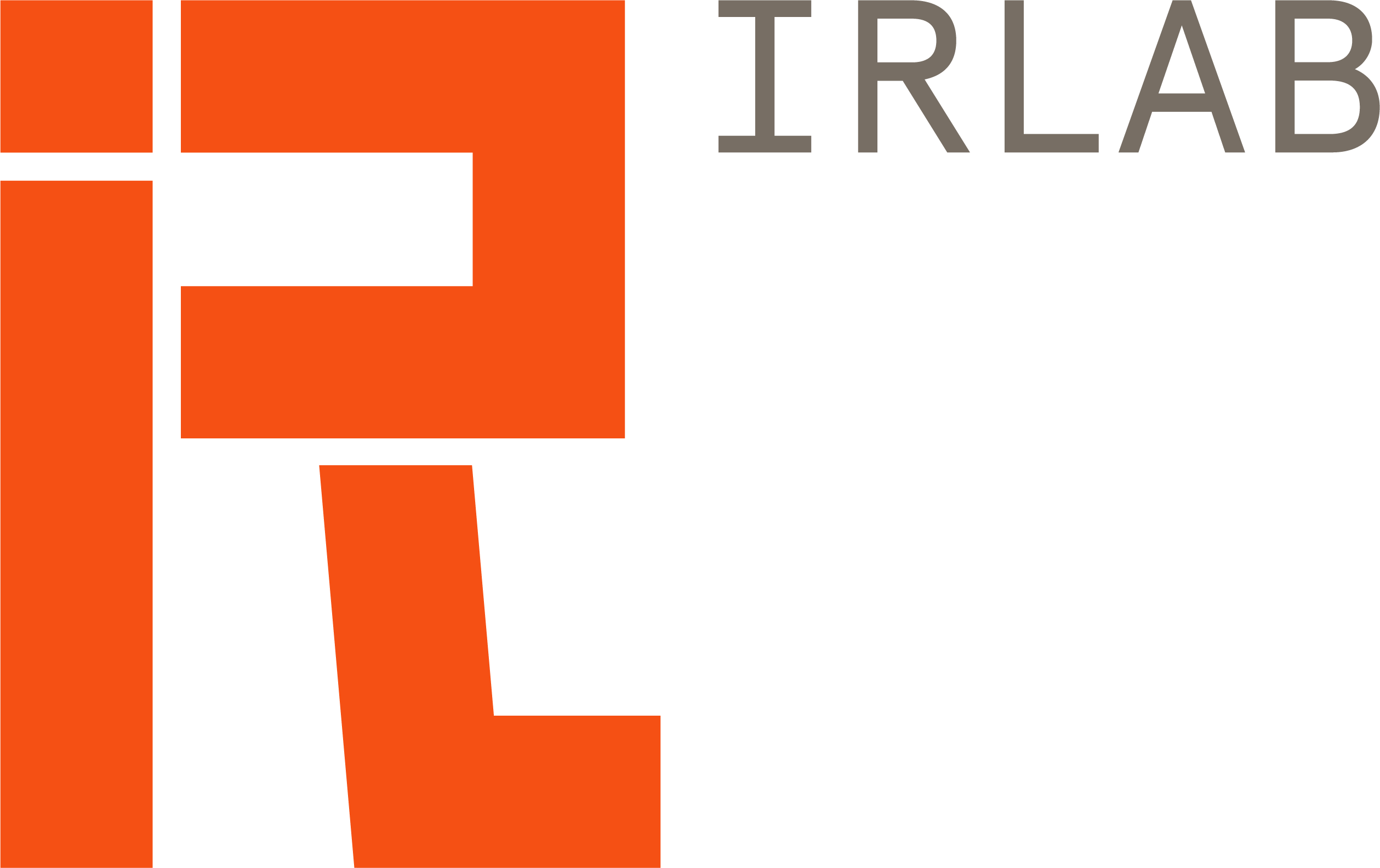Bifogade filer
Prenumeration
Beskrivning
| Land | Sverige |
|---|---|
| Lista | Small Cap Stockholm |
| Sektor | Hälsovård |
| Industri | Bioteknik |
Intresserad av bolagets nyckeltal?
Analysera bolaget i Börsdata!
Vem äger bolaget?
All ägardata du vill ha finns i Holdings!
Gothenburg, Sweden, April 1, 2025 – IRLAB Therapeutics AB (Nasdaq Stockholm: IRLAB A), a company discovering and developing novel treatments for Parkinson’s disease, today announced that it will showcase three abstracts at the AD/PD™ 2025: 19th International Conference on Alzheimer’s and Parkinson’s Diseases and related neurological disorders, taking place in Vienna, Austria, April 1-5, 2025.
- Abstract 1257—Cortical enhancement—a new treatment strategy for symptomatic treatment and slowing disease progression in AD and PD will be presented by IRLAB’s Chief Medical Officer, Joakim Tedroff, at session 7220–Prevention and therapeutic interventions in AD on Friday, April 4, 08:40 - 10:40 in Hall B.
- Abstracts 1190 and 988: IRL757C001 – a first-in-human trial on IRL757, a cortical enhancer in clinical development for the treatment of apathy in AD/PD, and Cross-sectional analysis of interrelations between fall-rate, cognitive measures, UPDRS-subscales, and NPI-apathy in the REACT-PD study cohort will both be presented as posters, available online from the start of the congress and displayed on-site on April 4-5.
Abstract 1257
Cortical enhancement - a new treatment strategy for symptomatic treatment and slowing of disease progression in AD and PD
Cortical impairment is a crucial aspect of neurodegenerative disorders, including AD and PD. Functional deficiencies in ascending catecholaminergic pathways are recognized as key mechanisms underlying the progressive deterioration. Maintaining cortical neuronal activity may help preserve neuronal integrity and synaptic strength in connected subcortical areas, thereby providing resilience against neurodegeneration. By directly strengthening cortico-subcortical circuits, symptomatic effects such as cognitive impairment, apathy, and falls could also be mitigated.
IRLAB has selected and brought three cortical enhancers candidates into clinical development: Pirepemat (IRL752), currently Phase IIb for prevention of falls in PD; IRL757, targeting PD-apathy, currently Phase I supported by MJFF; IRL942, targeting cognitive impairment, IND-enabling studies ongoing.
Authors: Joakim Tedroff, Sverker Von Unge, Clas Sonesson, Nicholas Waters, Daniel Andersson, Susanna Waters and Stephan Hjorth
The poster presentations include:
Abstract 1190
IRL757C001 – a first-in-human trial on IRL757, a cortical enhancer in clinical development for the treatment of apathy in AD/PD
IRL757C001 is a double-blind, placebo-controlled, single ascending/multiple ascending dose (SAD/MAD) study in healthy male and female volunteers.
Preliminary results indicated that IRL757 is safe and well-tolerated across a wide dose range after a single administration to healthy volunteers. Detailed pharmacokinetic and safety data will be presented at the meeting.
Authors: Joakim Tedroff (presenter), Johanna Landström, Clas Sonesson, Lien Nguyen, Susanna Waters, Fredrik Hansson and Boel Löfberg
Theme J: Psychiatric Symptoms in Neurodegenerative Diseases / J03. Drug Development, Clinical Trials
Abstract 988
Cross-sectional analysis of interrelations between fall-rate, cognitive measures, UPDRS-subscales, and NPI-apathy in the REACT-PD study cohort
React-PD is a Phase IIb trial investigating the effect of the cortical enhancer pirepemat on fall rates in subjects with PD who experience recurrent falls. A cross-sectional analysis of baseline data from the trial, focussing on interrelations between different phenotypic traits in this population will be presented at the meeting.
The findings align with the idea that tremor-dominant is a more benign PD phenotype and support the concept that cortical decompensation is associated with poorly treatment-responsive symptoms such as falls, apathy, and axial motor symptoms.
Authors: Susanna Waters (presenter), Fredrik Hansson, Nicholas Waters and Joakim Tedroff
Theme C: α-Synucleinopathies / Theme C: α-Synucleinopathies / C03.c. Drug Development, Clinical Trials: Neurotransmitter-based agonists and modulators, GLP-1 receptor agonists
For more details about the AD/PD™ 2025 congress, please visit: https:// https://adpd.kenes.com/

